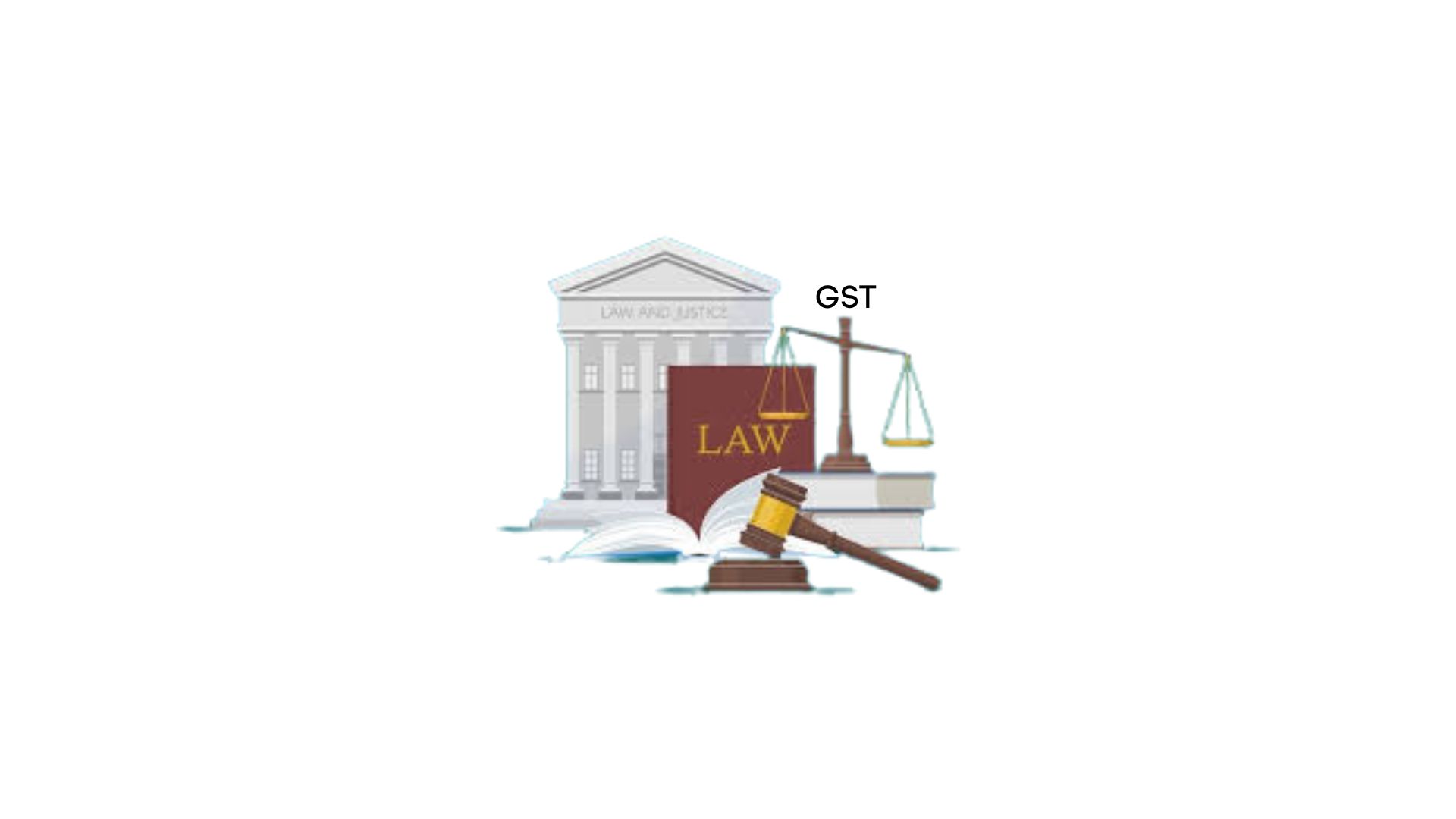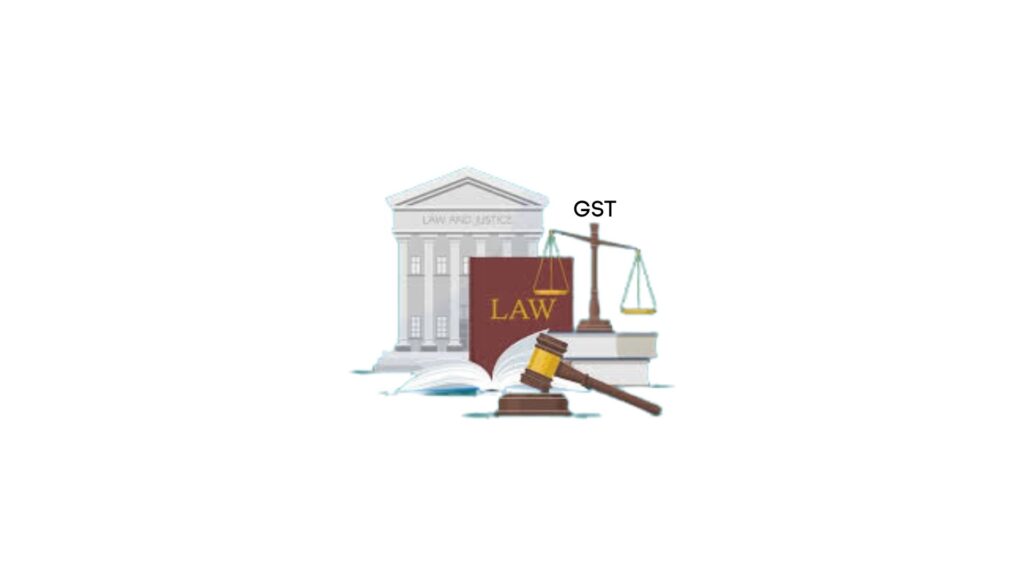
03 Apr GST Applicability to Compensation for Liquidated Damages in Agreements

In a recent ruling by the Andhra Pradesh Authority for Advance Ruling (AAR) in AAR No. 12/AP/GST/2023 dated December 21, 2023, significant clarity was provided regarding the GST implications of compensation collected for liquidated damages under contractual agreements. This ruling pertains to the case of South India Krishna Oil & Fats (P.) Ltd. (“the Applicant”), a manufacturer of edible oils, and sheds light on whether such compensation amounts are subject to GST and the related input tax credit implications.
Facts of the Case:
- The Applicant, engaged in the production of edible oils, enters into agreements with customers for the supply of specified quantities of edible oils at agreed-upon rates, with delivery within specified timelines.
- Instances arise where customers fail to lift the agreed quantities of edible oils within stipulated delivery dates, leading to breach or non-performance of contractual obligations.
- In response to such breaches, the Applicant collects compensation amounts, termed "Liquidated Damages or Trade Settlement," from defaulting customers.
Held:
- The AAR observed that as per the definition of "consideration" under Section 2(31) of the CGST/APGST Acts, it encompasses any payment made in response to or for the inducement of the supply of goods or services.
- It was opined that the compensation amounts paid by customers to the Applicant for non-performance or breach of contract constitute consideration for tolerating an act or situation under an agreement.
- Consequently, such compensation amounts were deemed to constitute a supply of service and were subject to CGST at 9% and SGST at 9% each under Chapter Heading No. 9997 at Serial No. 35 of Notification No. 11/2017-Central Tax (Rate) dated June 28, 2017.
- Additionally, it was held that since GST is leviable on the collection of compensation for liquidated damages, the restriction of Input Tax Credit (ITC) of common services under Rules 42 and 43 of the CGST/APGST Rules does not apply.


No Comments